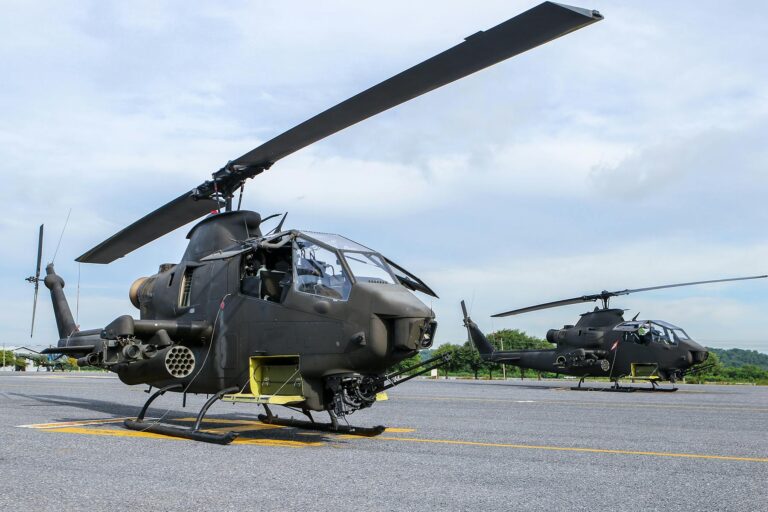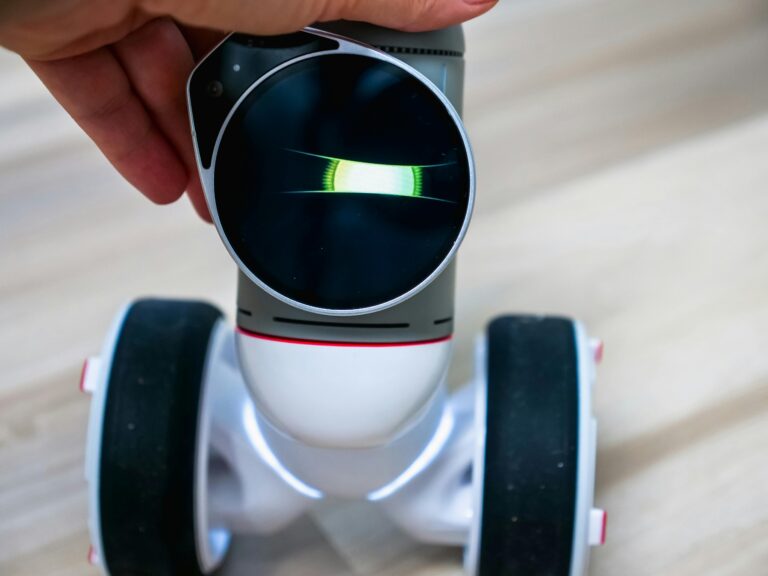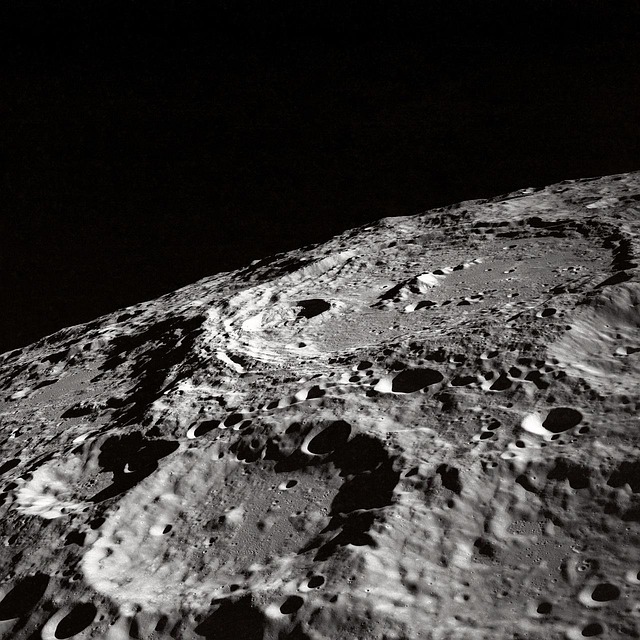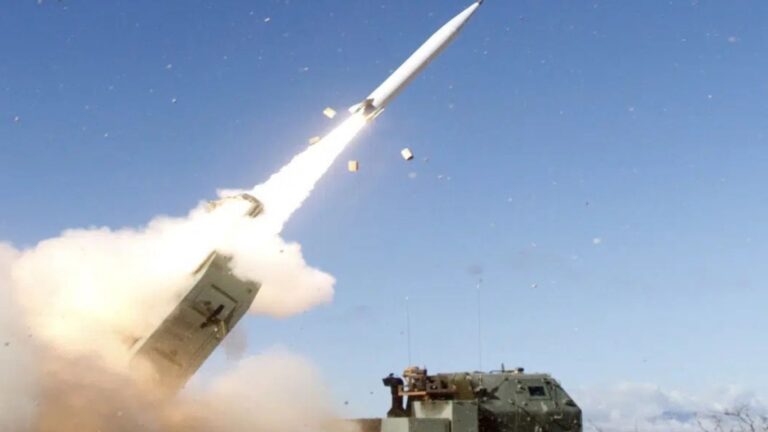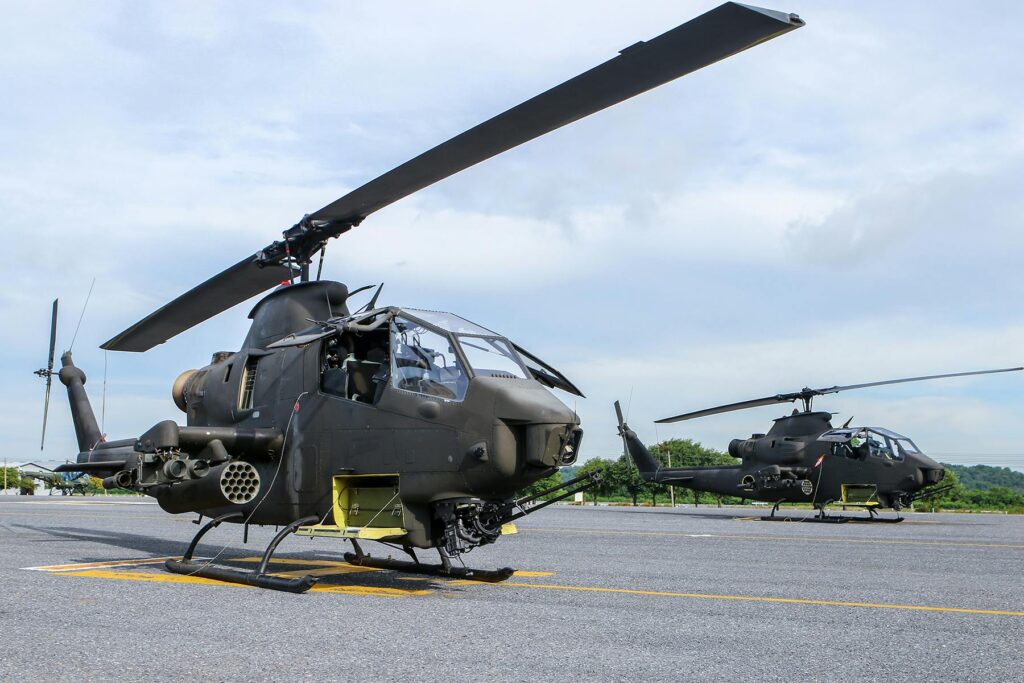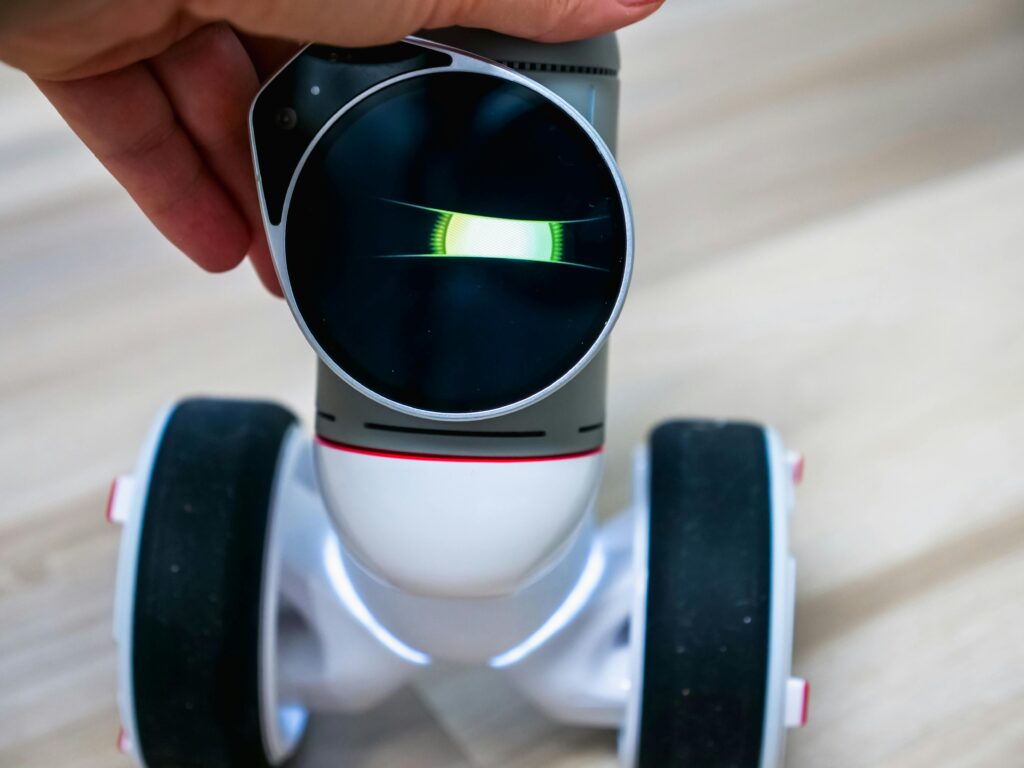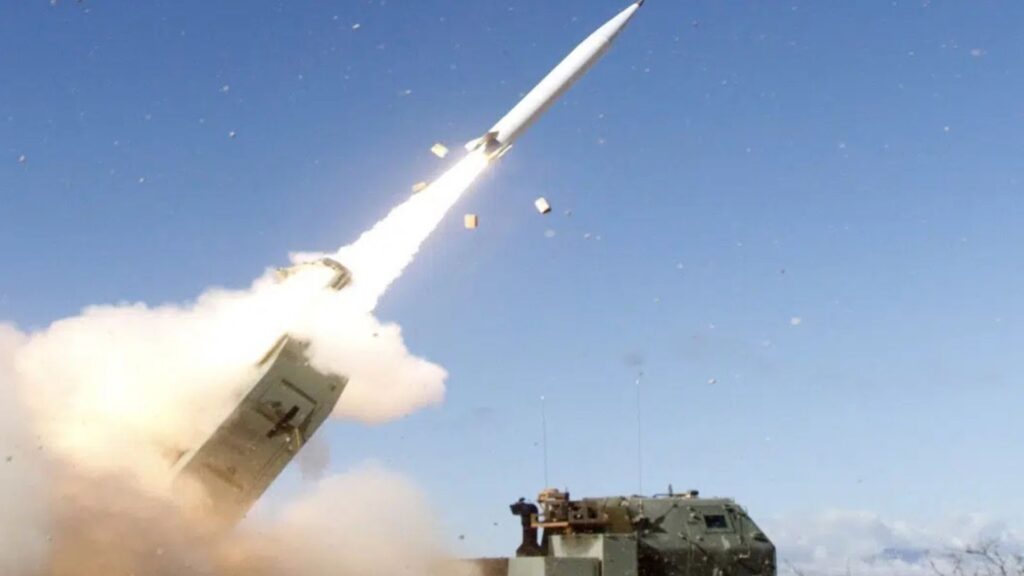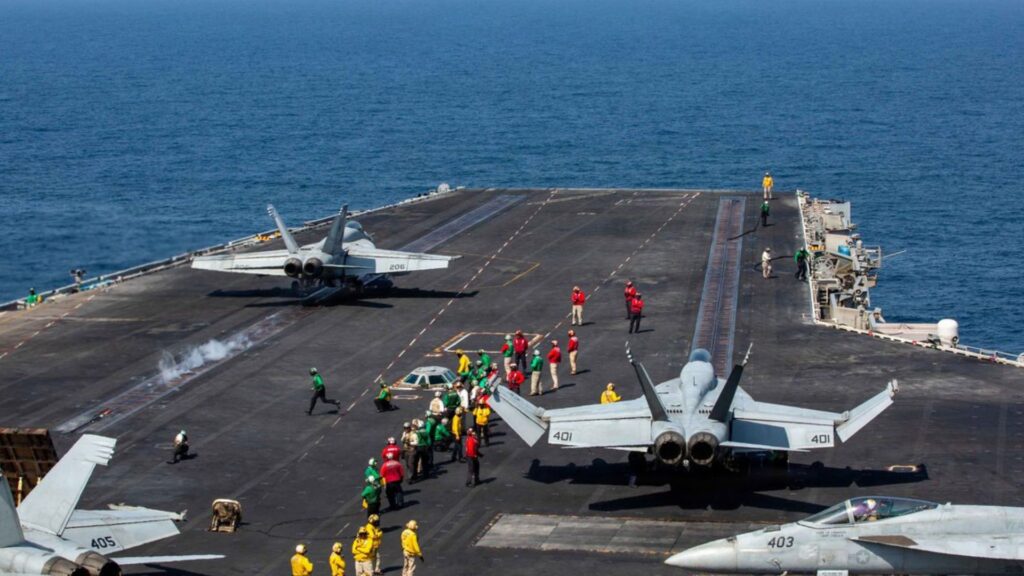Three Chinese astronauts have returned to Earth safely after a suspected space debris strike on their original spacecraft forced an unprecedented emergency return aboard a different vessel.
The Shenzhou-20 crew, consisting of Commander Chen Dong, Wang Jie, and Chen Zhongrui, landed at the Dongfeng Landing Site in Inner Mongolia at 4:40 pm on Friday, concluding a record-breaking 204-day mission aboard the Tiangong space station, according to the China Manned Space Agency (CMSA).
The dramatic return caps a week of high-stakes orbital maneuvers, triggered when tiny cracks were discovered in the porthole of the crew’s original Shenzhou-20 return capsule. The damage, believed to be from a micro-debirt impact, rendered their own vessel unsafe for a crewed re-entry.
This necessitated a complex rescue plan, reported South China Morning Post, that saw the astronauts return home using the Shenzhou-21 spacecraft that had just delivered their replacements.
READ ALSO: https://www.modernmechanics24.com/post/25-year-plan-to-decode-primate-brain
“I think this mission was a valuable experience, a test, and I’m very proud,” Commander Chen Dong told state broadcaster CCTV after being helped from the capsule. “We successfully completed the mission. China’s space programme withstood the test, and the entire project delivered an outstanding result.” The crew was all confirmed to be in good physical condition by the ground recovery teams, a testament to the success of the emergency procedures.
The incident began on November 5, when the crew’s scheduled return was abruptly postponed. The CMSA announced it was conducting an impact analysis and risk assessment after a suspected debris strike. This left the three astronauts temporarily stranded, relying on the newly arrived Shenzhou-21 crew and their spacecraft as a lifeboat. The damaged Shenzhou-20 capsule will now remain in orbit to be used for unmanned research purposes.
The successful return underscores the importance of robust contingency planning in human spaceflight. According to South China Morning Post, the CMSA activated its emergency response plans, which included preparing the Shenzhou-22 spacecraft—originally built for a future crew rotation—for a potential rapid launch from the Jiuquan Satellite Launch Centre if needed. This standby rescue vehicle was a critical backup, ensuring a path home even if the Shenzhou-21 option had encountered problems.
WATCH ALSO: https://www.modernmechanics24.com/post/us-launches-smallest-delivery-robot
The mission itself was a historic success beyond the dramatic conclusion. The 204-day stay sets a new record for the longest single mission by a Chinese astronaut crew. Furthermore, Commander Chen Dong has now personally accumulated more than 400 days in orbit across multiple missions, solidifying his status as one of China’s most experienced spacefarers.
During their time aboard Tiangong, the crew conducted numerous science experiments and spacewalks, including the installation of additional debris protection shields—a task that now carries profound irony.
This event highlights the growing threat of space debris in Earth’s orbit, a challenge facing all space-faring nations. The fact that a suspected micro-fragment could force such a significant change in plans demonstrates the vulnerability of spacecraft.
READ ALSO: https://www.modernmechanics24.com/post/electric-road-charges-vehicles-while-driving

